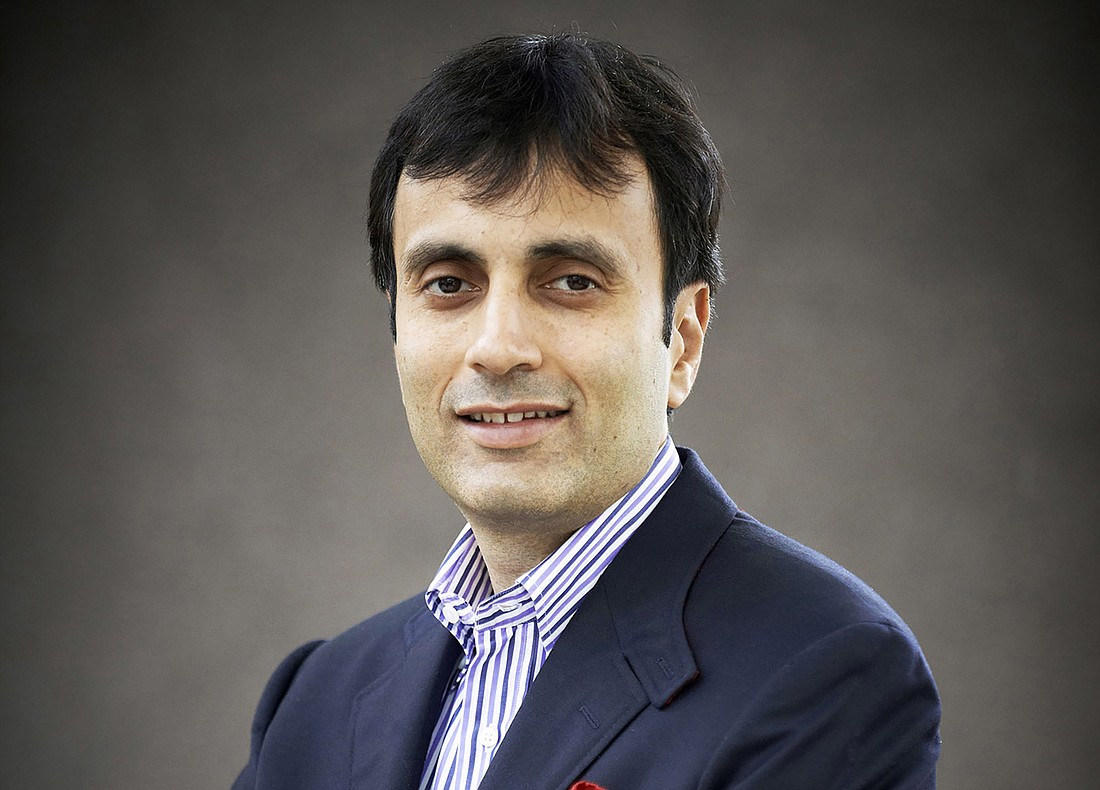
The era after World War II was a time of miraculous economic growth that lasted nearly six decades, according to Ruchir Sharma, head of emerging markets and chief global strategist at Morgan Stanley Investment Management.
However, we’re unlikely to ever see that kind of growth again, Sharma told the World Affairs Council of Jacksonville on Jan. 28.
“The economic miracle is now over,” he said.
The period from 1950 until the financial crisis in 2008 brought unprecedented growth levels, Sharma said at the luncheon event at the Downtown River Club.
“The main reason this happened was it was driven by a global population boom,” he said.
“I think people underestimate how much population drives economic growth.”
As the population grows, more people enter the labor force. However, many countries are now dealing with declines in their working age population, Sharma said.
“This is a major drag on economic growth,” he said.
The working age population is shrinking in 46 of about 200 countries, including major economic powers like Japan, China, Italy and Germany, he said.
By contrast, only two countries had declining working age population in the mid-1980s.
Depopulation is one of “four Ds” that are impacting world economic growth, Sharma said. The others are declining productivity, debt reduction and deglobalization.
He thinks the four Ds will be major headwinds for the global economy.
“Those used to be tailwinds for the golden age of economic growth,” he said.
While many people try to avoid borrowing, Sharma said the growth of debt as interest rates dropped in the 1980s fueled a continued economic boom.
That ended with the financial crisis.
“After 2008 we have a lot of people suffering from debtaphobia,” Sharma said.
Sharma believes the level of debt doesn’t matter, as long as the pace of increase in debt does not get out of control.
“That's what happened in America in the 2000s,” he said.
Declining productivity is more difficult to assess.
“Economists are baffled why production is declining,” Sharma said.
One theory is an increase in “zombie firms,” which are businesses that are not making enough money to pay off interest, he said.
Deglobalization is a trend that began before Donald Trump became U.S. president, Sharma said.
“We have tariffs going in many parts of the world,” he said.
Deglobalization goes beyond trade issues, with trends like fewer capital flows moving across borders, he said.
“Even the internet is splintering,” with countries such as China restricting their citizens’ access to some websites, he said.
The U.S. economy was growing by 4% a year from 1950 to 2008 but since the last recession, growth has been reduced to about 2.5% and Sharma doesn’t expect it to return to the prerecession levels.
“Projections are for this to now move lower in the years ahead,” he said.
Instead of indicators like GDP growth, Sharma believes a “new definition of economic success” should focus on per capita income growth, especially at a time of slower population growth.
“That’s what really matters,” he said.
Sharma said studies show “the higher your per capita income, the happier you are.” He cited Japan as one country with a declining but happy population because of its strong per capita income level.
“Per capita income should be the sole objective of economic policy,” he said.